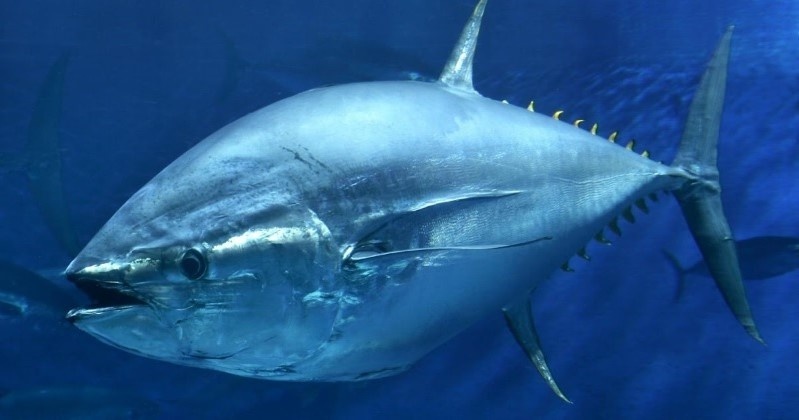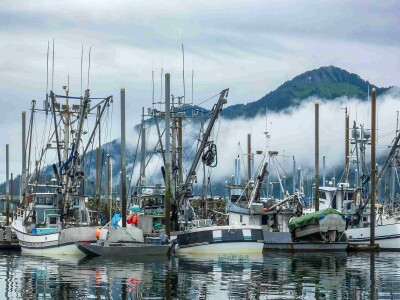The Cape Hatteras gear restricted area would be lifted for pelagic longlining, and new season times adopted for other Northeast and Gulf of Mexico areas under bluefin tuna bycatch adjustments considered by NOAA.
A final environmental impact statement summarizes the reasoning and anticipated effects of modifying bluefin tuna bycatch management, after several years of study by the agency and public comment, including industry suggestions.
The newly published report is another step in that long process, which could lead to rule adoption later this year.
The final EIS lists four main preferred alternatives:
• Begin a review process to evaluate the continued need for the Northeastern United States Pelagic Longline Closure. That includes a provision that the closure area off the Mid-Atlantic states effectively remains the same in terms of percentage covered in the event that the U.S. allocation of bluefin tuna gets cut at any future International Commission for the Conservation of Atlantic Tunas meeting.
• Elimination of the Cape Hatteras Gear Restricted Area off North Carolina.
• Undertake a second review process to evaluate if the Gulf of Mexico Gear Restricted Area spring closure is still necessary. As for the Northeast area, the area covered must remain the same in the event of a future ICCAT-imposed reduction.
• Changing the seasonal requirements for using weak hooks, a measure in the Gulf of Mexico longline fishery to help reduce bluefin bycatch. Adjusting the duration of required weak hook use from year-round to seasonal from January to June will “relieve regulatory burden and reduce bycatch of white marlin and roundscale spearfish,” according to the EIS statement.
The goal remains to appropriately limit the incidental catch of bluefin tuna and minimize, to the extent practicable, bycatch and bycatch mortality of bluefin tuna by pelagic longline gear. The changes will also “simplify and streamline Atlantic highly migratory species management,” and help the U.S. longliners to harvest the target species – especially swordfish, the agency concludes.







